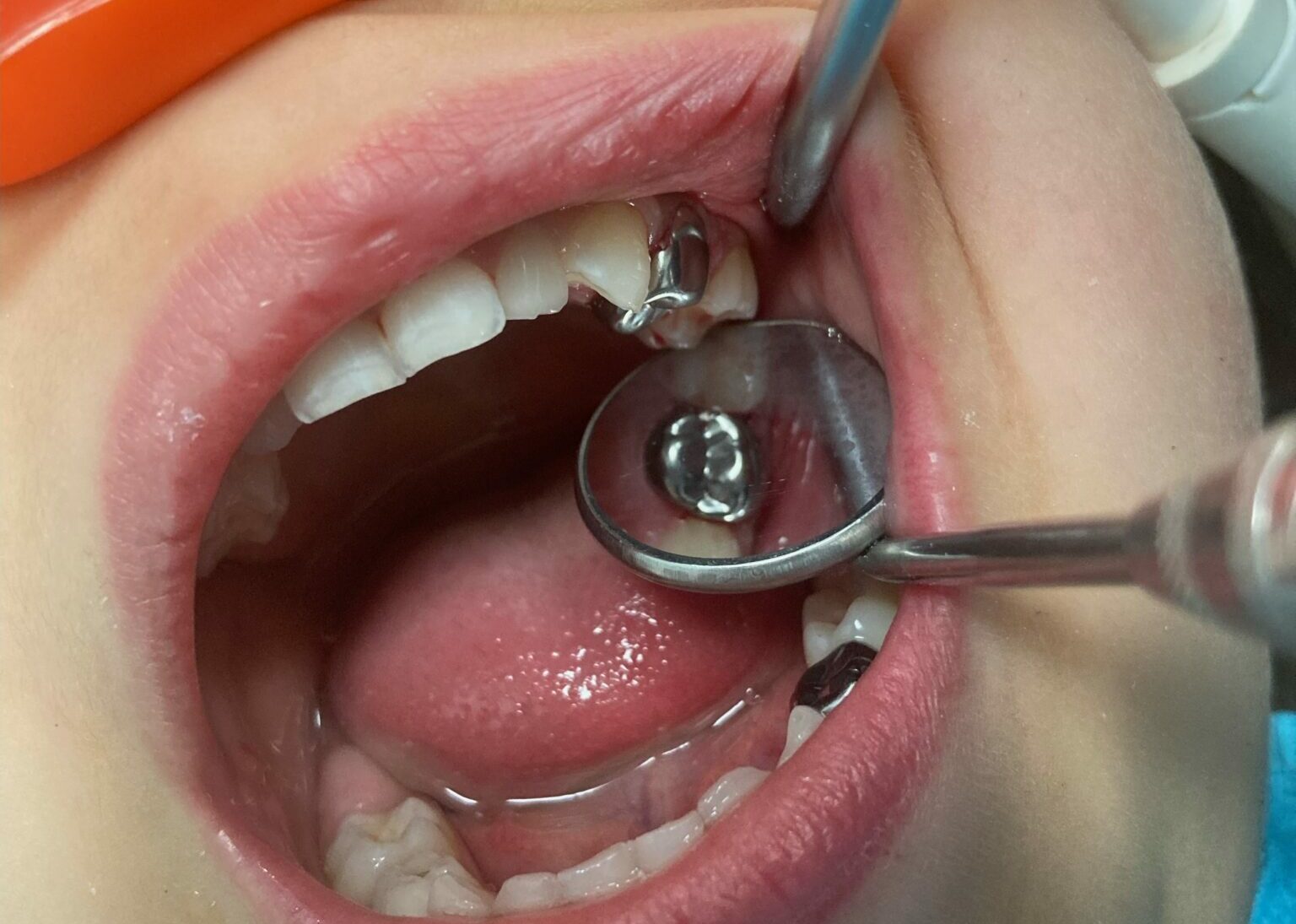Tooth Crown Sensitive

When a tooth crown becomes sensitive, it can be a source of significant discomfort and anxiety for the individual experiencing it. Tooth sensitivity, in general, is a common issue that can arise from various dental procedures, including the placement of a dental crown. Understanding the reasons behind this sensitivity and exploring the potential solutions can help alleviate the discomfort and prevent future occurrences.
Causes of Tooth Crown Sensitivity
There are several reasons why a tooth with a crown might become sensitive. One of the most common causes is the irritation of the nerve inside the tooth. This irritation can occur due to the crown being placed too close to the pulp (the soft tissue inside the tooth containing the nerve and blood vessels) or if the cement used to secure the crown leaks, allowing bacteria to penetrate and irritate the pulp.
Another cause could be a high crown margin, where the edge of the crown is not properly sealed against the tooth, creating a pathway for bacteria to enter and cause irritation or infection. Additionally, the type of material used for the crown (such as metal, ceramic, or porcelain) might not be suitable for the individual’s oral environment, leading to sensitivity.
Grinding or clenching teeth can also put additional stress on the crowned tooth, leading to sensitivity. This is because the force from grinding or clenching can cause the crown to flex slightly, irritating the nerve inside the tooth.
Symptoms of Tooth Crown Sensitivity
The sensitivity associated with a tooth crown can manifest in various ways. It might be felt as a sharp, stabbing pain when consuming hot or cold foods and drinks, or it could be a dull ache that persists throughout the day. Some people might experience sensitivity when biting down or applying pressure to the tooth. The symptoms can vary in intensity and may come and go, depending on the underlying cause.
Diagnosing Tooth Crown Sensitivity
Diagnosing the cause of tooth crown sensitivity involves a thorough examination by a dentist. The dentist will typically start by asking about the symptoms and medical history to understand the context of the sensitivity. A visual examination of the tooth and surrounding area is then conducted to check for any signs of decay, cracks, or other issues with the crown or the tooth itself.
The dentist might perform a series of tests, including thermal tests (using hot or cold stimuli), electrical tests, or tapping on the tooth to see if it elicits a pain response. In some cases, an X-ray might be necessary to check the condition of the pulp and the surrounding bone.
Treatment Options for Tooth Crown Sensitivity
The treatment for sensitive teeth with crowns depends on the underlying cause of the sensitivity. If the issue is due to a poorly fitting crown, the dentist may need to replace or adjust the crown to ensure a proper fit. For sensitivity caused by exposed dentin (the layer of tissue beneath the enamel), fluoride varnishes or desensitizing toothpaste can be applied to help block the dentin tubules and reduce sensitivity.
In cases where the nerve is irritated, the dentist might recommend a root canal treatment if the pulp is infected or severely inflamed. This involves removing the infected pulp, cleaning and shaping the root canal, and then filling it to prevent further infection.
For issues related to grinding or clenching, a mouthguard can be recommended to wear at night to reduce the stress on the crowned tooth.
Preventing Tooth Crown Sensitivity
Prevention is key to avoiding sensitivity in teeth with crowns. Regular dental check-ups can help identify any potential issues early on, such as a high crown margin or signs of decay under the crown. Practicing good oral hygiene, including brushing gently with a fluoride toothpaste and flossing once a day, can help prevent decay and gum recession, which can contribute to sensitivity.
Avoiding or reducing habits like grinding and clenching can also help prevent unnecessary stress on crowned teeth. Using a desensitizing toothpaste and avoiding extremely hot or cold foods and drinks can provide relief and prevent discomfort for individuals prone to tooth sensitivity.
Conclusion
Tooth crown sensitivity, while uncomfortable, is a treatable condition. By understanding the causes and exploring the appropriate treatments, individuals can find relief from the discomfort and prevent future occurrences. Regular dental care and good oral hygiene practices are crucial in maintaining the health and integrity of crowned teeth, minimizing the risk of sensitivity and other complications.
What are the common causes of tooth crown sensitivity?
+The common causes of tooth crown sensitivity include irritation of the nerve inside the tooth, a high crown margin, the type of material used for the crown, and habits like grinding or clenching teeth. Each of these causes can lead to the irritation of the pulp or the exposure of dentin, resulting in sensitivity.
How is tooth crown sensitivity diagnosed?
+Diagnosing tooth crown sensitivity involves a thorough dental examination, including a visual inspection, thermal tests, electrical tests, or tapping on the tooth to check for pain response. In some cases, an X-ray may be necessary to assess the condition of the pulp and surrounding bone.
What are the treatment options for tooth crown sensitivity?
+Treatment options for tooth crown sensitivity depend on the cause and can include replacing or adjusting the crown, applying fluoride varnishes or desensitizing toothpaste, or in severe cases, performing a root canal treatment. Each treatment aims to address the underlying cause of the sensitivity, whether it's related to the fit of the crown, exposure of dentin, or irritation of the pulp.
In conclusion, while tooth crown sensitivity can be a distressing issue, understanding its causes and exploring the available treatments can provide relief and improve oral health. Regular dental care, good hygiene practices, and awareness of habits that might exacerbate sensitivity are crucial in preventing and managing this condition.